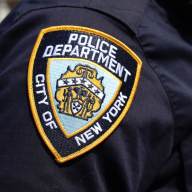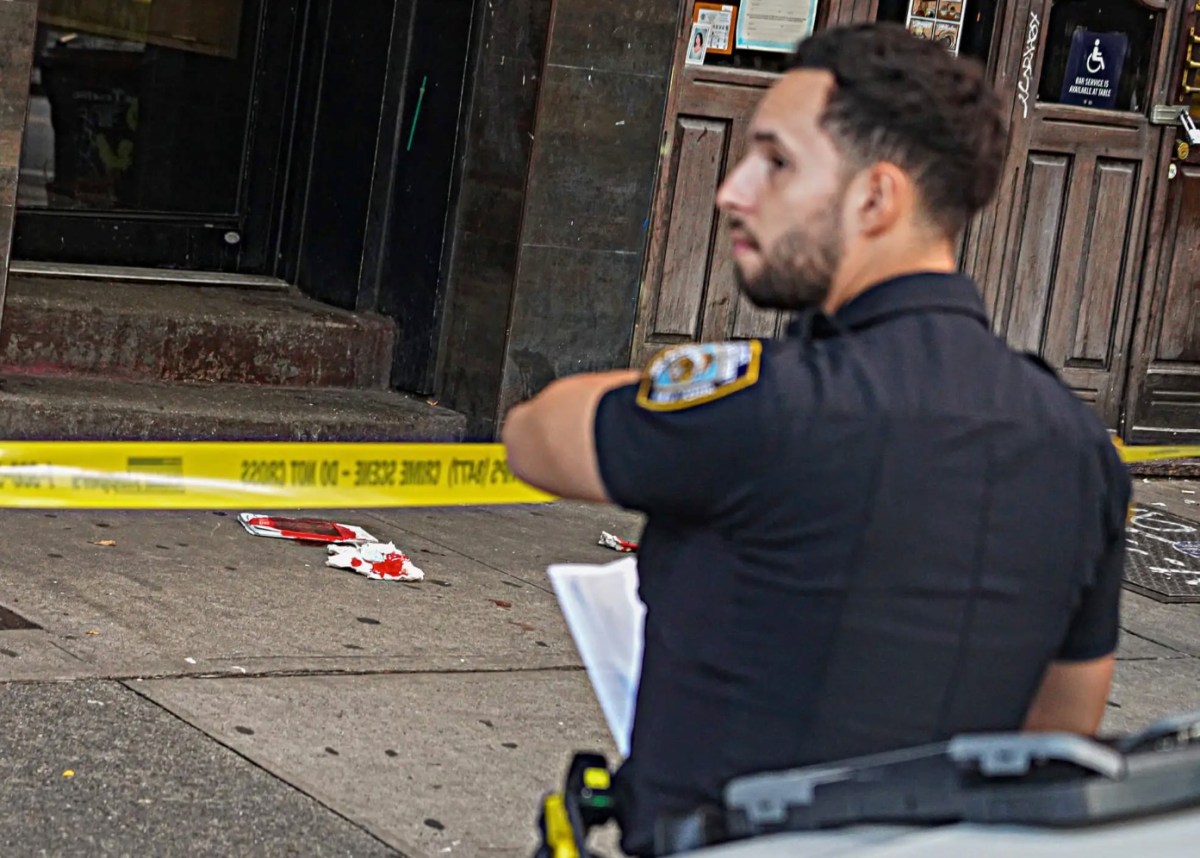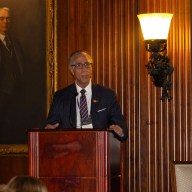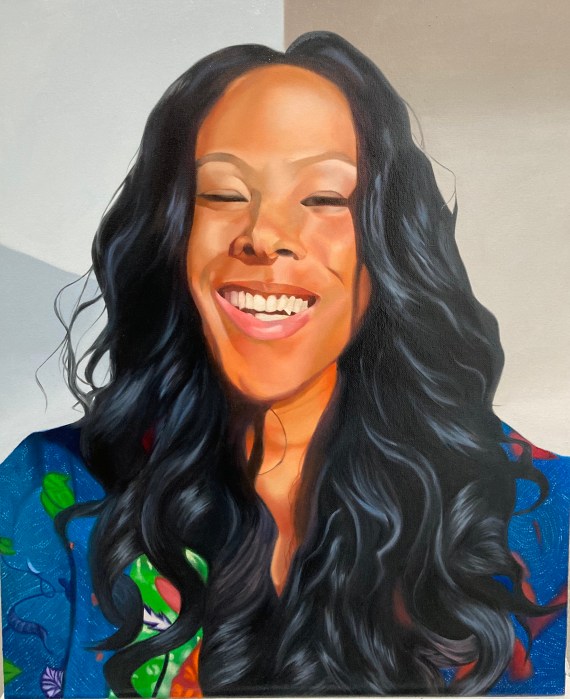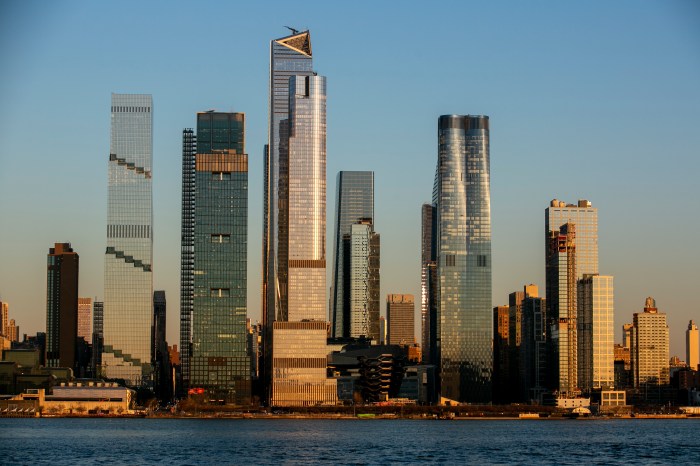Beyond Appearances, at Lehman College, Bedford Park Boulevard, will offer a sampling of contemporary portraiture, bringing together a group of artists whose works explore the individual beyond the exterior visage, from Sept. 10 to Dec. 1, with an opening reception on Tues., Oct. 20, from 6 to 8 pm. Historically portraiture has always conveyed far more than physical features and these portraits touch on many issues—social, historical, political, and ontological—with insight and sometimes humor. Beyond Appearances will include a broad range of approaches and media—painting, drawing, sculpture, photography, video, and installation. The exhibition is co-curated by Patricia Cazorla and Susan Hoeltzel. There will be an online catalogue.
The exhibition will celebrate the gallery’s 25th anniversary and be presented in both the Edith Altschul Lehman and the Robert Lehman exhibition spaces.
Artists will include John Ahearn, Eleanor Antin, Dotty Attie, Dawn Black, Eugene Brodsky, Phong Bui, Nick Cave, Ain Cocke, Andrea Dezsö, Chitra Ganesh, Julie Heffernan, Teun Hocks, Nina Levy, Whitfield Lovell, Kerry James Marshall, Bradley McCallum & Jacqueline Tarry, Charles McGill, Yasumasa Morimura, Orlan, Tony Oursler, Robert and Shana ParkeHarrison, Dulce Pinzón, Lucia Pizzani, Wanda Raimundi-Ortiz, Daniel Rozin, Karin Sander, Andres Serrano, Devorah Sperber, Hank Willis Thomas, Rigoberto Torres, Alejandra Villasmil, Kara Walker, and Deborah Willis
Bronx-born Whitfield Lovell’s tableaux focus on the lives of African Americans. The work combines skillfully drawn portraits with found objects to create an implied narrative. The exhibition also include Rigoberto Torres and John Ahearn known for their castings of real people on the streets of the Bronx. They work independently as well as collaboratively throughout the world. Beyond Appearances will also include Karin Sander’s computer-based figurative sculptures (that use 3D body scans of actual people in a scale of 1:10) and Nina Levy’s huge, hyper realistic heads in which small children can seem both menacing and demanding from the parent’s perspective. Devorah Sperber revisits portraits from the history of art, rendering an inverted pointillist image made from spools of thread that are viewed through optical balls. Hank Willis Thomas skillfully manipulates the symbols and images of advertising to explore race, power, and stereotypes. Conceptual/performance artist Orlan, known for her self-transformations through plastic surgery, will be represented by a newer series of digital alterations based on Olmec and Mayan heads. Created from found materials, they come to life in performance. McCallum & Tarry’s installation Mug Shots, portraits reproduced in oil paint on canvas with an overlay of toner on silk, are based on the arrest photographs of the first wave of the 1956 Montgomery Bus boycotts. Julie Heffernan’s self-portraits, often surrounded with lush fauna and flora, draw on the history of art, particularly the Baroque for its visual style. Dotty Attie’s photo-based paintings use words and images to explore notions of beauty and desire. Dutch painter Teun Hocks creates large-scale allegorical portraits in which he acts as an “everyman” in situations that probe the absurd. Based on photographs of World War I and II soldiers, Ain Cocke explores male identity and relationships in an earlier era with different societal norms. His pallet recalls the rosy tones of Maxfield Parrish.
For more information call (718) 960-8731.
* * *
The Riverdale-Yonkers Society for Ethical Culture will show The Eel on Sat., Sept. 5, at 7 pm at the Meeting House, 4450 Fieldston Road, corner of Manhattan College Parkway.
With The Eel, director Shohei Imamura shows that eels are not just a tasty sushi treat but also a symbol of the human condition. Yamashita (Koji Yakusho) kills his unfaithful wife and turns himself into the police. Eight years later he is paroled and must try to find redemption. With The Eel, Imamura shows that eels are not just a tasty sushi treat but also a symbol of the human condition.
The running time is 1 hour and 57 minutes. Movies begin with an introduction and are followed by discussion. A donation towards the Film Club of $3 to $5 per person will be accepted at the door. The society reserves the right to provide an alternative film if a video is unavailable.
For more information call (718) 548-4445.








